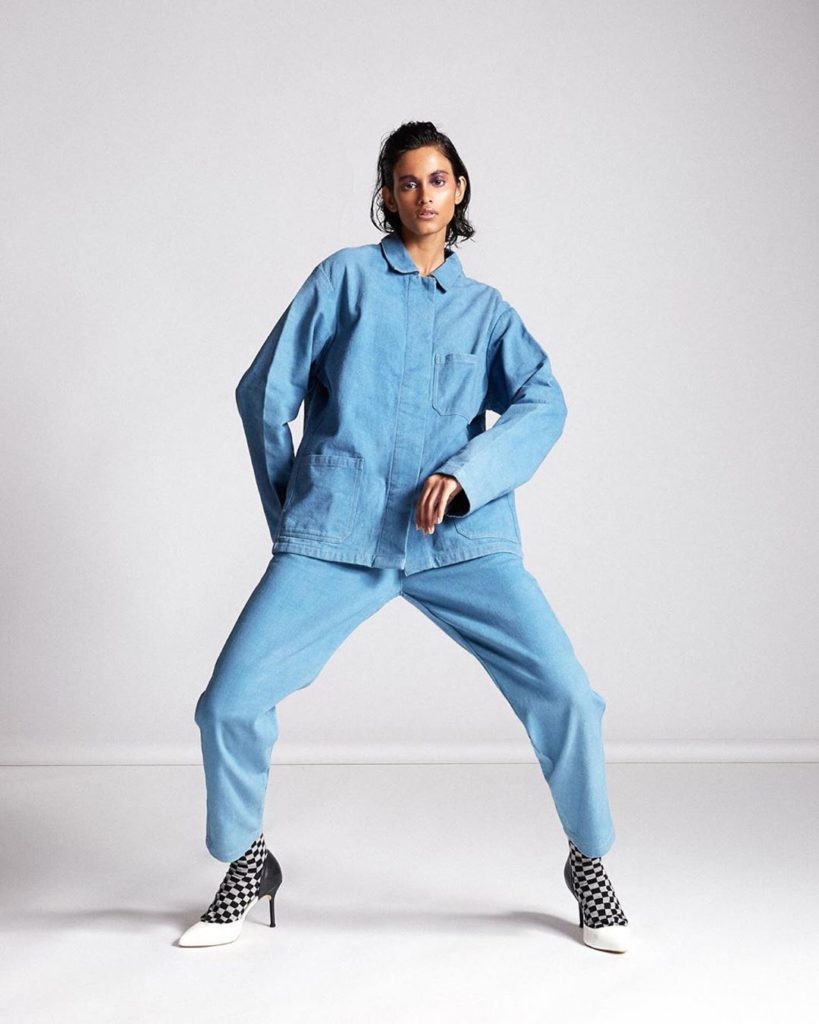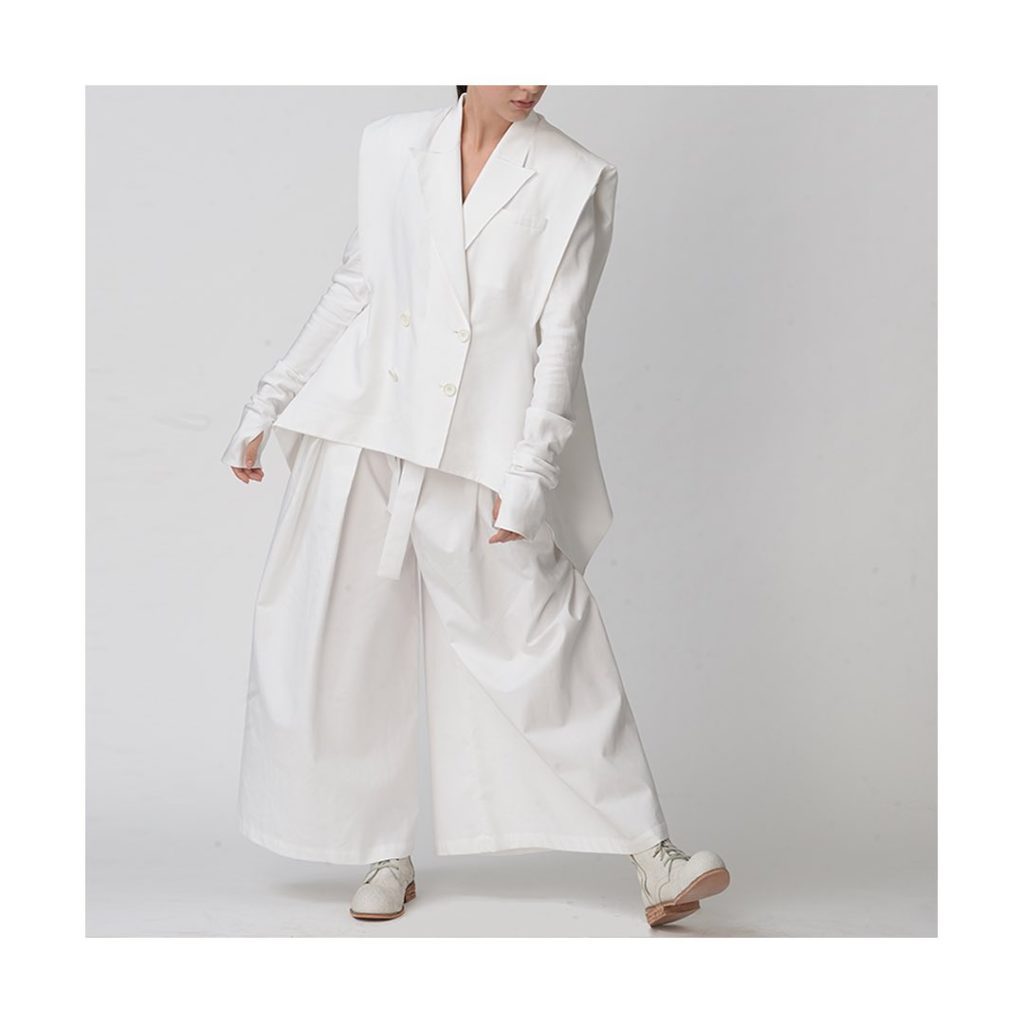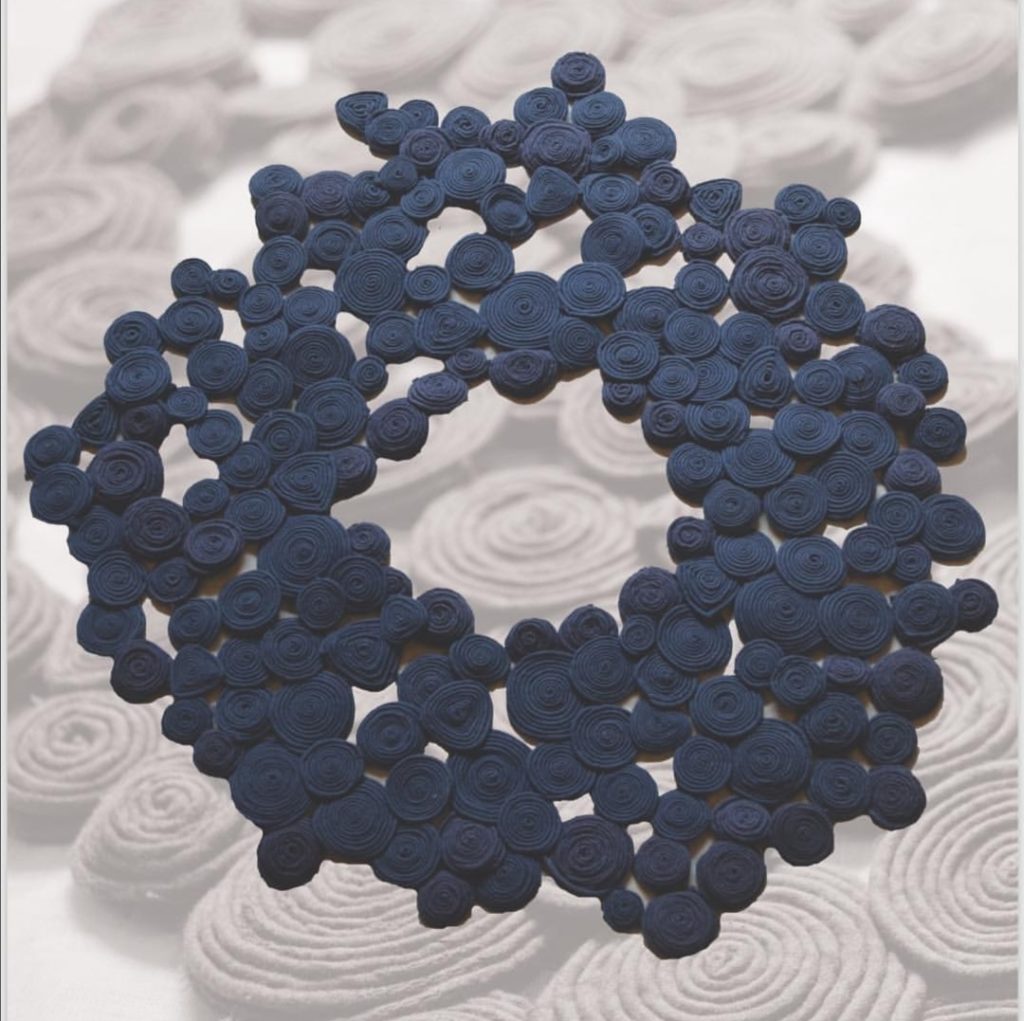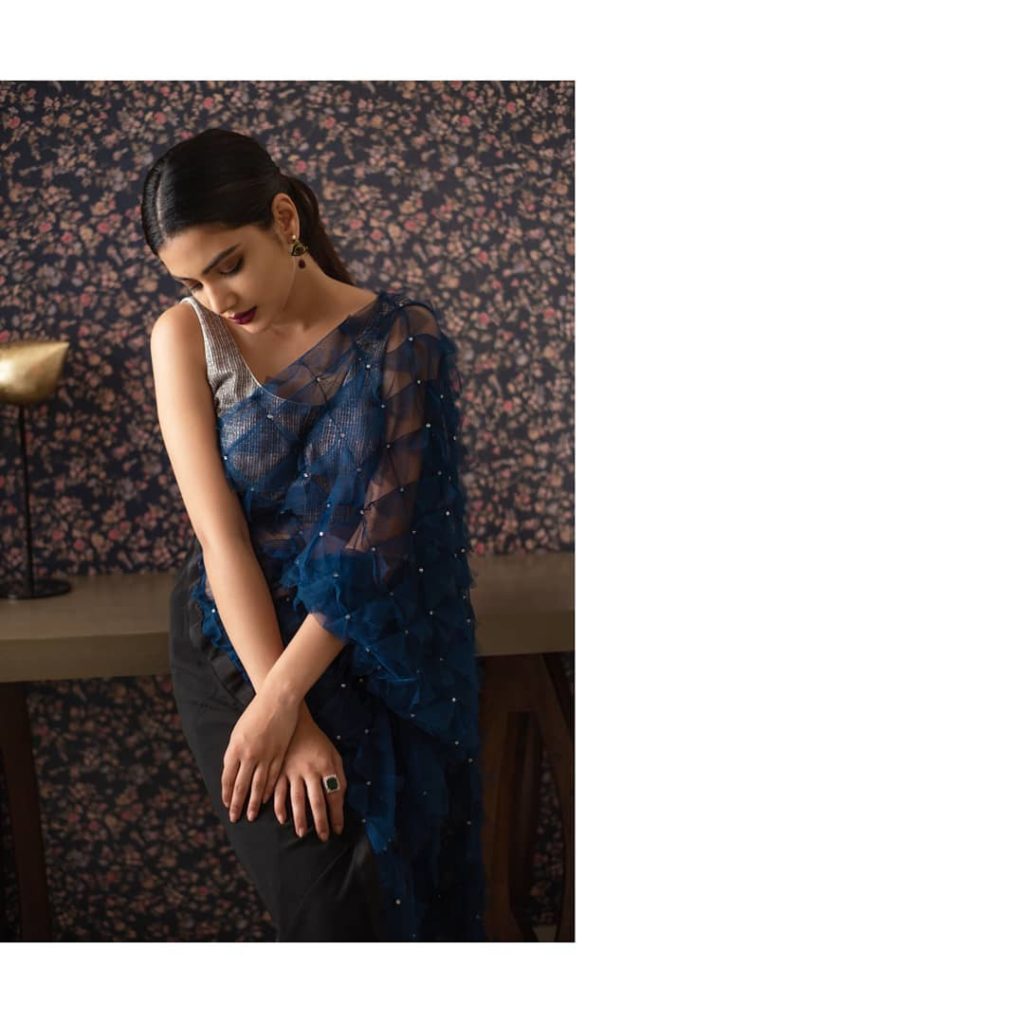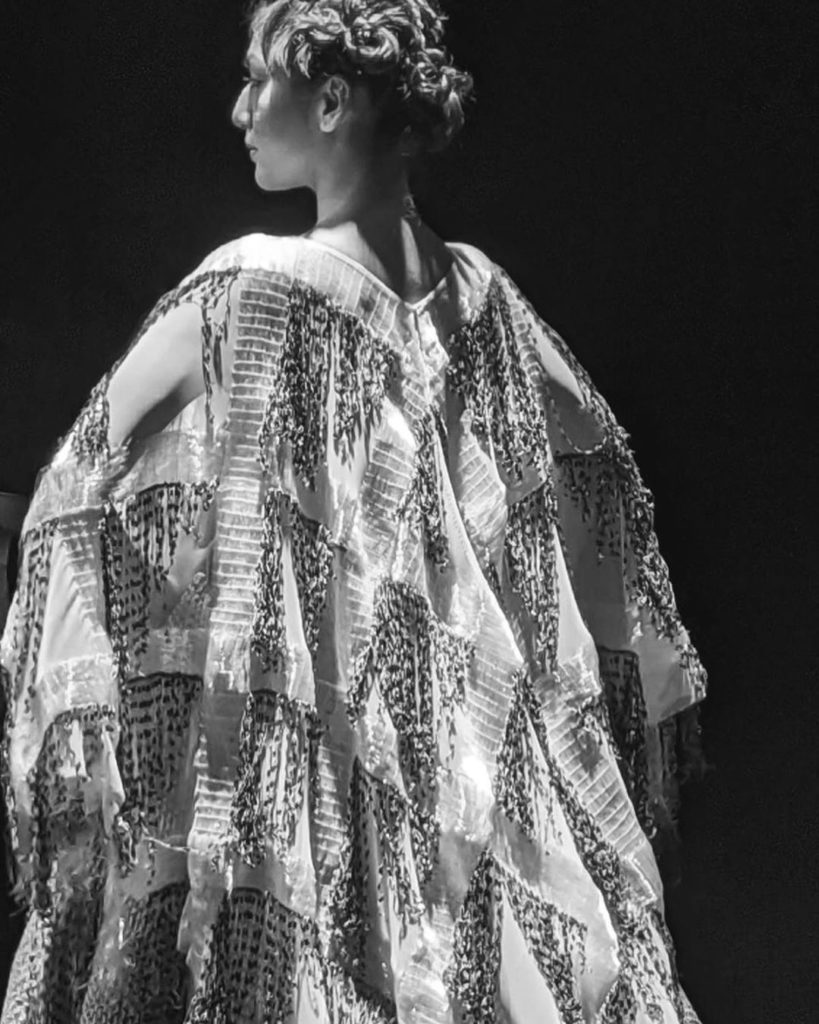As we collectively move towards another two weeks in lockdown, the earth has pressed a pause button on most of our personal and professional lives. The Fashion Industry as we know it no longer exists. As global financial markets tumble, non-essential markets shut their doors and consumers lock themselves indoors under government directives, the humankind has come to a standstill. As an industry, we witnessed shocks to supply chains and sales. Stocks are down and retail markets struggle to keep their employees on the payroll. We now have an industry in front of us that needs to be built from the ground up. It’s time to redesign and reimagine our business models as producers and revaluate our decisions as consumers. Since we have to start over again, we can do it right this time.
The fashion industry is particularly problematic due to its swivel-eyed pace of change that it not only undergoes but also promotes. It encourages consumers to buy into styles to stay on-trend. As a result, we as fashion consumers contribute to 4% of the world’s waste each year. As an industry, we contribute to 10% of the global carbon emissions and 20% of wastewater. Fashion sucks up more energy than both aviation and shipping combined.
The question that now arises, is that how do we as consumers start over? How do we get it right? How do we make use of all this time we have to rethink our decisions? Shopping resale is both sustainable and better for the environment. Thrift shopping helps the planet and your cool factor. The saying “one man’s trash is another man’s treasure” is now truer than ever.
COVID-19 can live on and thus be passed through used and pre-owned items. It is this stigma that can affect the future of the resale industry. This puts us all in a pickle, but is it warranted? It is preferable to shop resale if not advised with the right precautions being taken. It’s time for both sellers and consumers to be more proactive about cleaning and disinfecting items. Wash garments in the hottest water recommended for the fabric, wipe your shoes and bags with alcohol wipes as soon as you purchase them. It is important to take all the necessary precautions.
In light of the events, it’s wiser to shop from hobbyist sellers like Etsy, Instagram pages, and online resellers as it not only provides them with an income but is safer for you as compared to big box stores that have a large number of touchpoints.
In this new post -COVID-19 world the factors that need to be considered before making your new purchase have changed. It’s not about “Can I buy this from a Thrift store?” anymore. It is more about considering questions like “What do I need?”, “Can I make this on my own?”, “How much use will I get out of this?”, “Do I have a substitute?”, “Can this be borrowed?”, and so on. Numerous questions based on lifestyle choices need to be considered if we wish to start over right.
